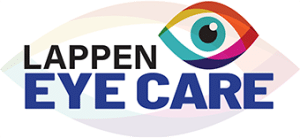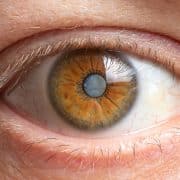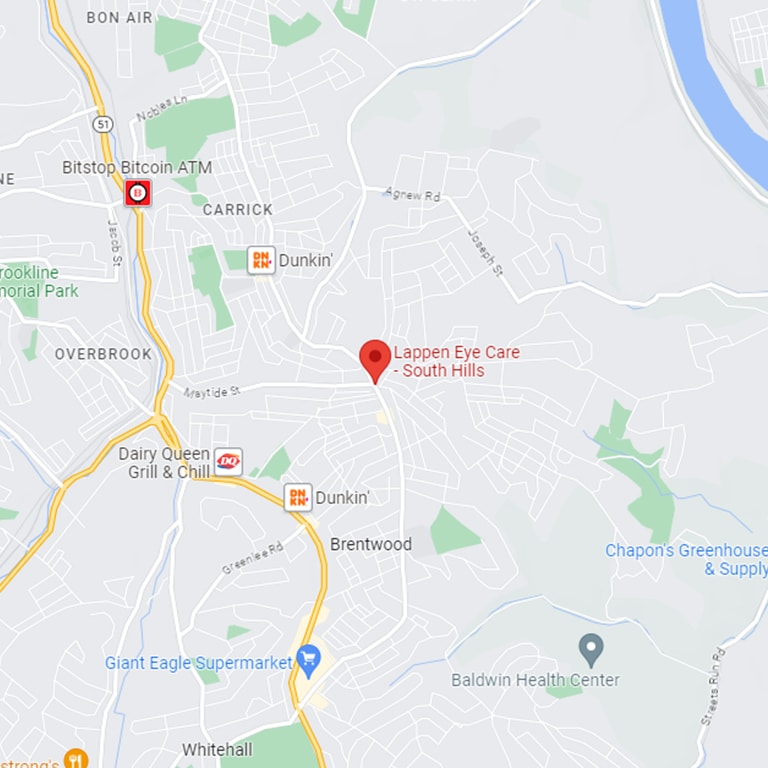3 Initial Signs of Cataracts
Cataracts are a prevalent condition, with millions of people experiencing them at some point in their lives (usually after they turn 60). However, just because it’s common doesn’t mean that everyone knows the symptoms accompanying the disorder. Below, we’ll look at what to watch, particularly if you’re a smoker or cataracts run in your family.
1. Blurry Vision
People often refer to cataract vision in Pittsburgh, PA as fuzzy. If it looks like you’re looking through glass that needs to be wiped down, it may be a sign that your once-clear eye lens is starting to yellow. You may also see certain colors as more faded or have trouble telling one color from another.
2. Dim Vision
If you constantly need more light in your life, this doesn’t necessarily mean that you have cataracts. However, it’s also important to assume that needing more light to read or see everyday items isn’t just a sign of getting older. You may also find that bright light is more startling to you than it used to be, requiring you to instantly shield your eyes from the glare.
3. Double Vision
If you’re experiencing double in one eye, this could be a sign of cataracts. It’s important to know that cataracts are not contagious and often develop at different points in your life (if you get them in both eyes). If you have double vision in both eyes, an eye doctor in Pittsburgh, PA might point out that it’s more likely a sign of another issue rather than having cataracts in both eyes.
Finding Help for Cataracts in Pittsburgh
Most people know by now that cataract surgery is one of the fastest, easiest ways to correct the problem. Plus, there are multiple other ways to treat the issue if you don’t need surgery. If you’ve noticed any of these symptoms, contact the staff at Lappen Eye Care to learn more about how to get it diagnosed and how we can help.3 Initial Signs of Cataracts









